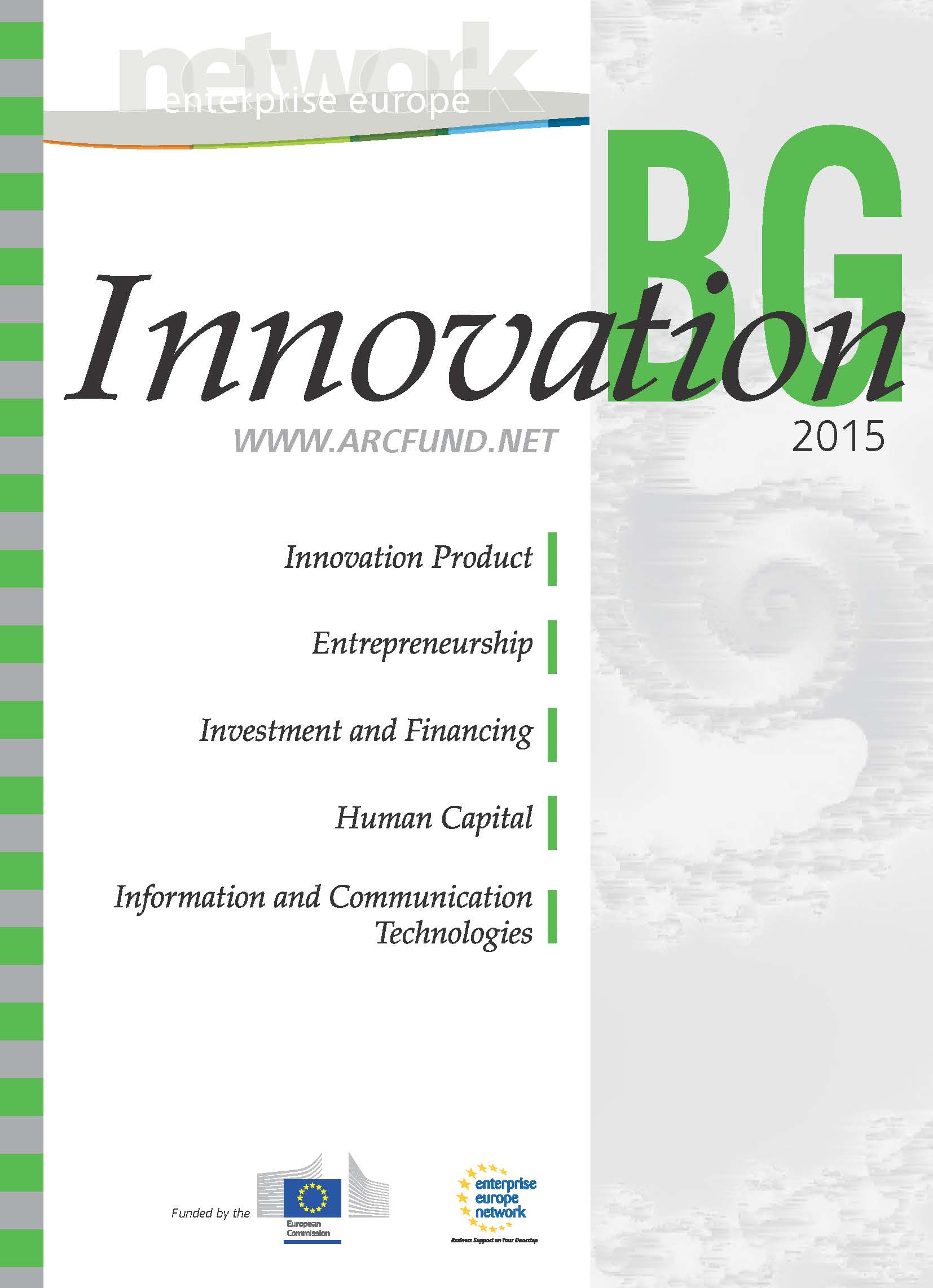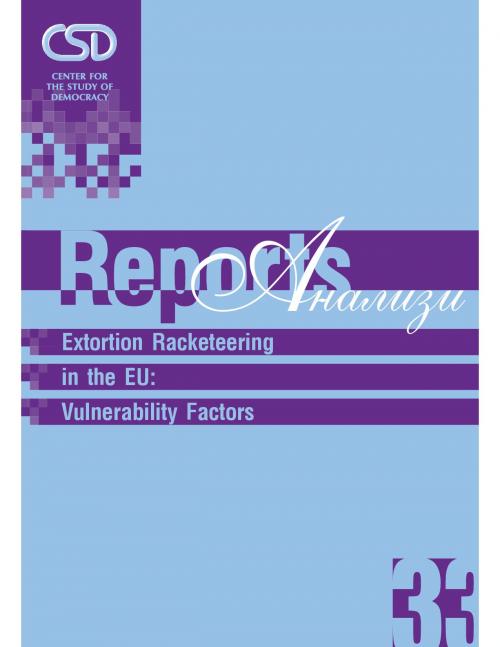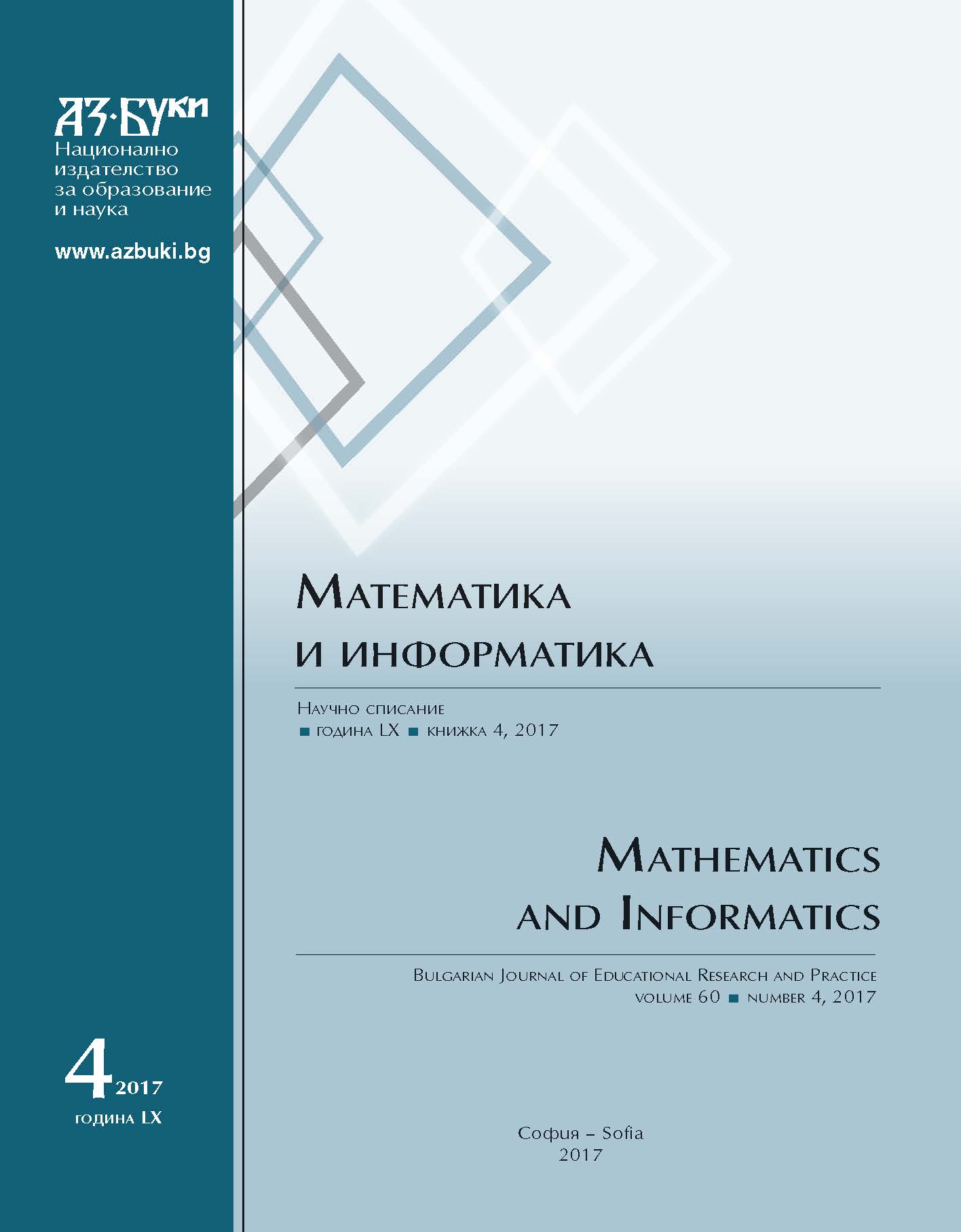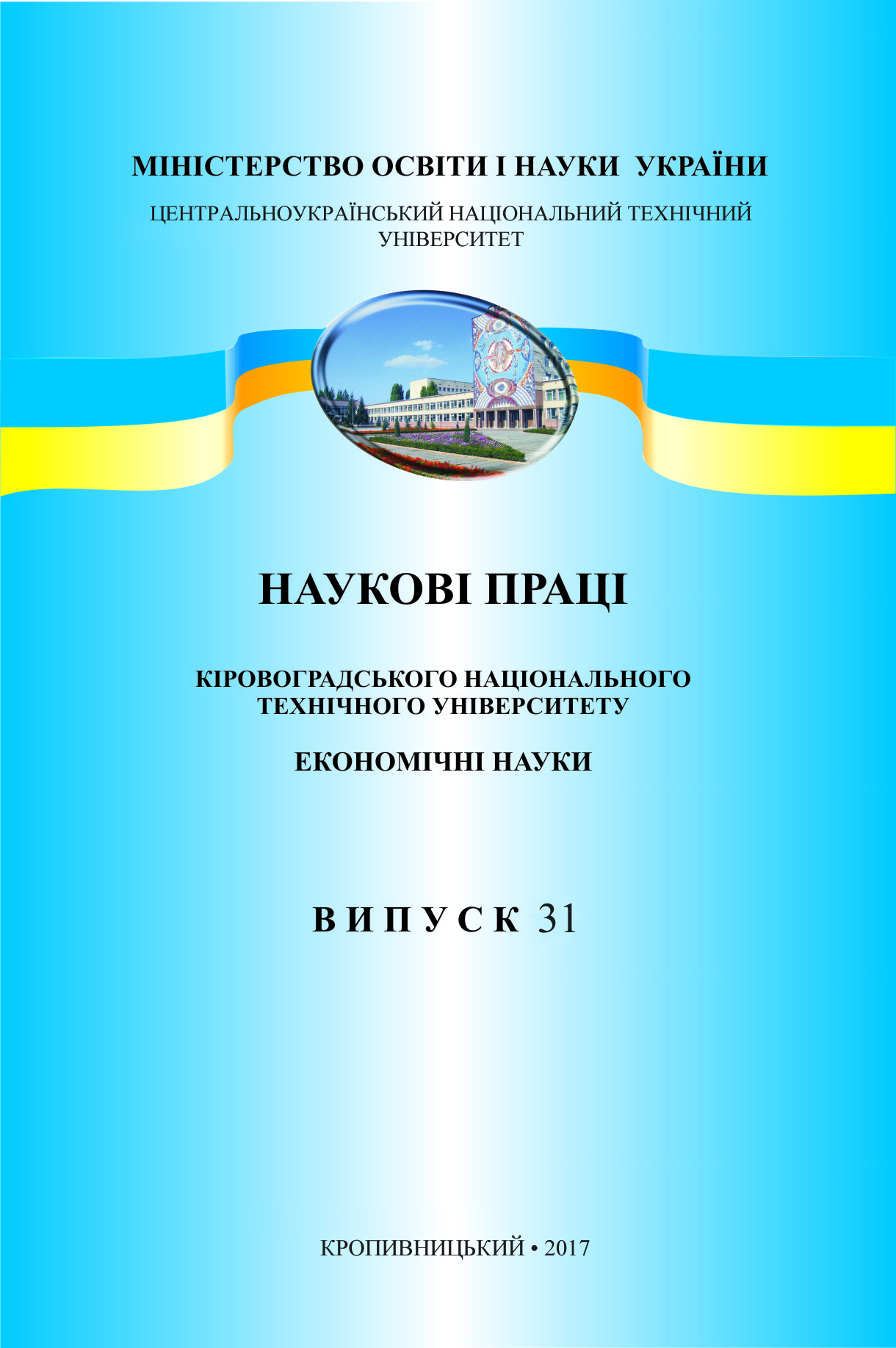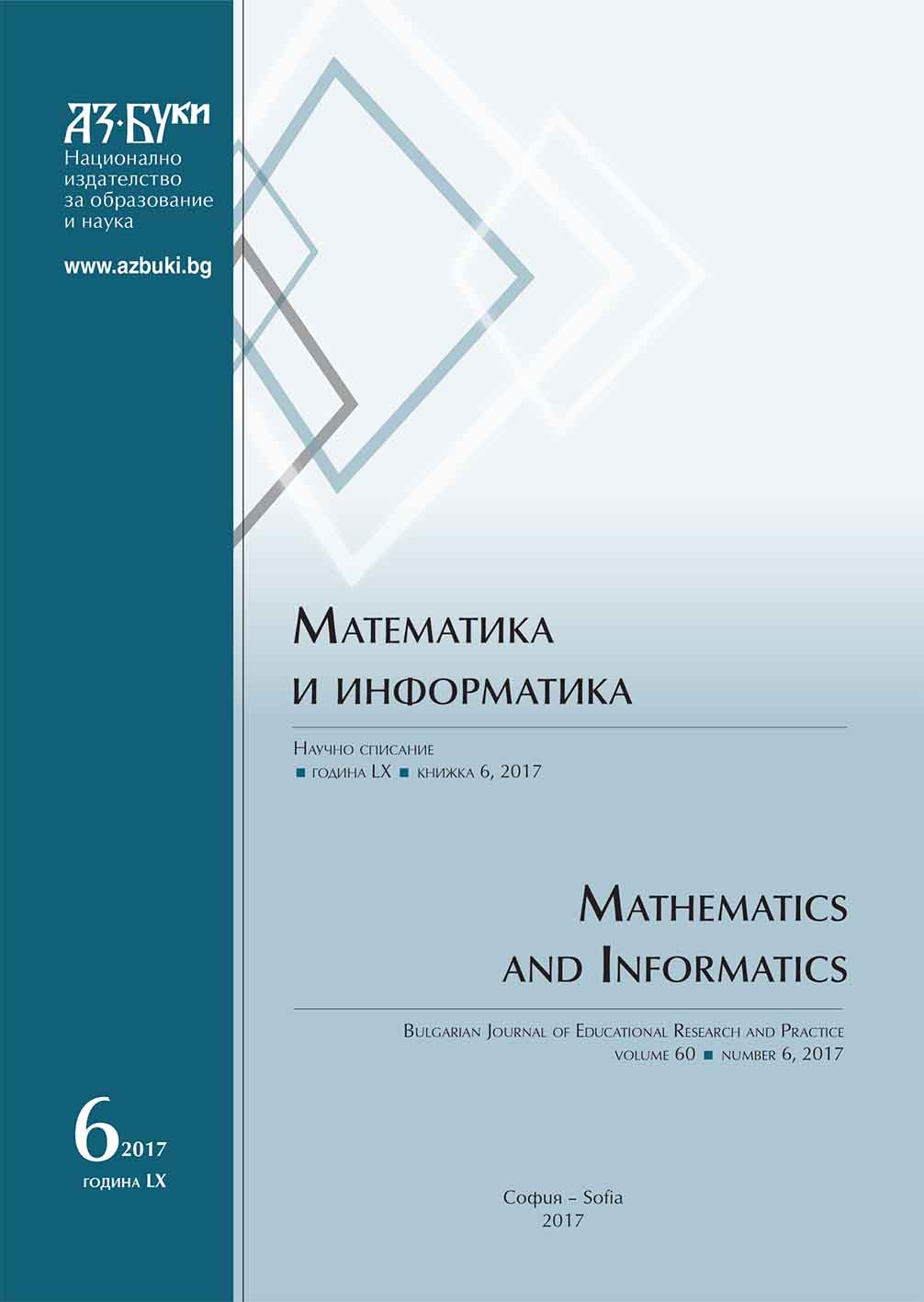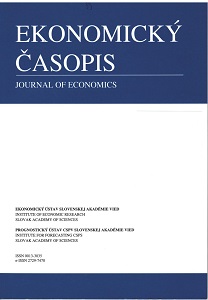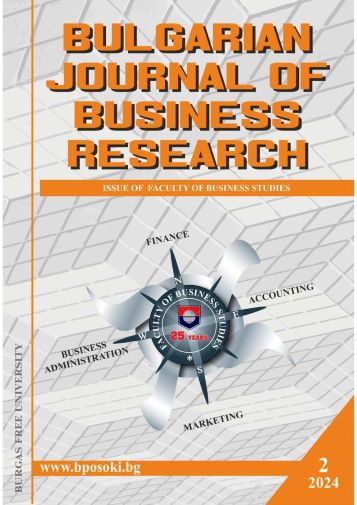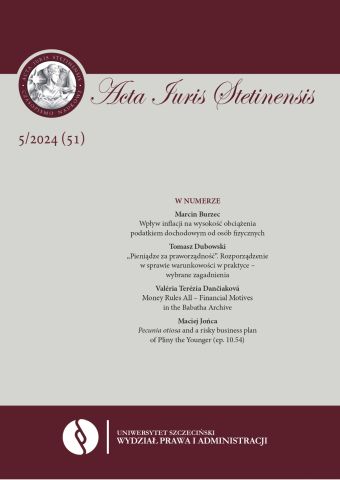
Innovation Agenda for Sustainable Growth and Competitiveness
The tenth issue of the annual Innovation.bg report continues a tradition of presenting and analysing the status of the national innovation system and its building blocks, and assessing the innovation potential of the economy as a factor for competitiveness on international markets. Ten years are a period, which allows a retrospective look assessing what has been achieved, while understanding the prospects for the future and providing recommendations based on good and bad practices. In addition, Innovation.bg 2014 is an agenda for addressing the main challenges of the rapidly changing business environment and upcoming hard decisions in the search of drivers for technological development and innovations.
More...
